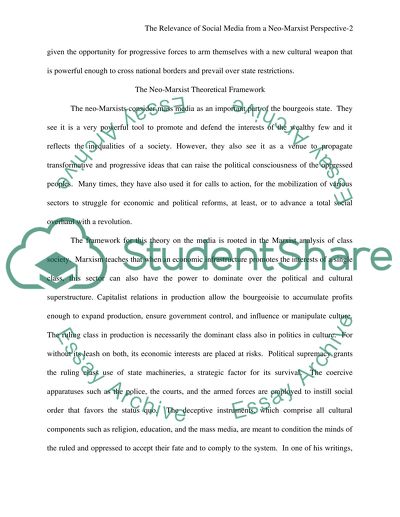Cite this document
(“Social Media Essay Example | Topics and Well Written Essays - 2250 words”, n.d.)
Social Media Essay Example | Topics and Well Written Essays - 2250 words. Retrieved from https://studentshare.org/miscellaneous/1524809-social-media
Social Media Essay Example | Topics and Well Written Essays - 2250 words. Retrieved from https://studentshare.org/miscellaneous/1524809-social-media
(Social Media Essay Example | Topics and Well Written Essays - 2250 Words)
Social Media Essay Example | Topics and Well Written Essays - 2250 Words. https://studentshare.org/miscellaneous/1524809-social-media.
Social Media Essay Example | Topics and Well Written Essays - 2250 Words. https://studentshare.org/miscellaneous/1524809-social-media.
“Social Media Essay Example | Topics and Well Written Essays - 2250 Words”, n.d. https://studentshare.org/miscellaneous/1524809-social-media.


